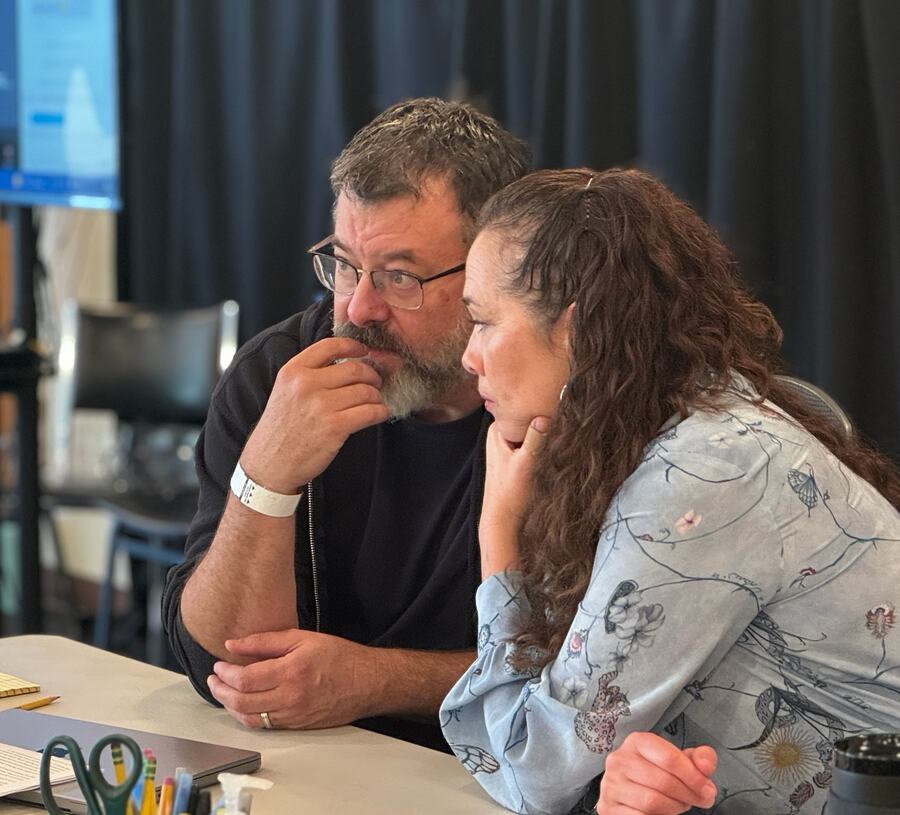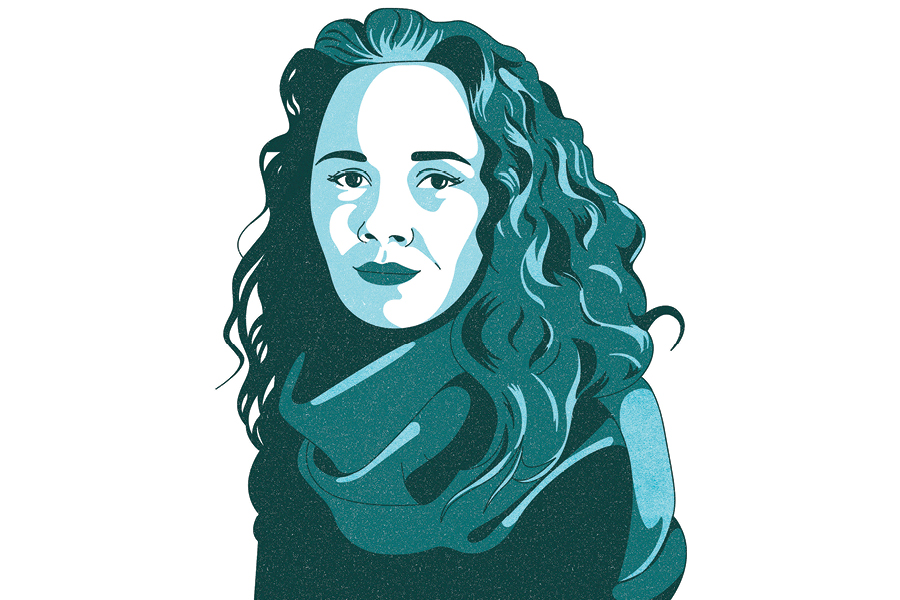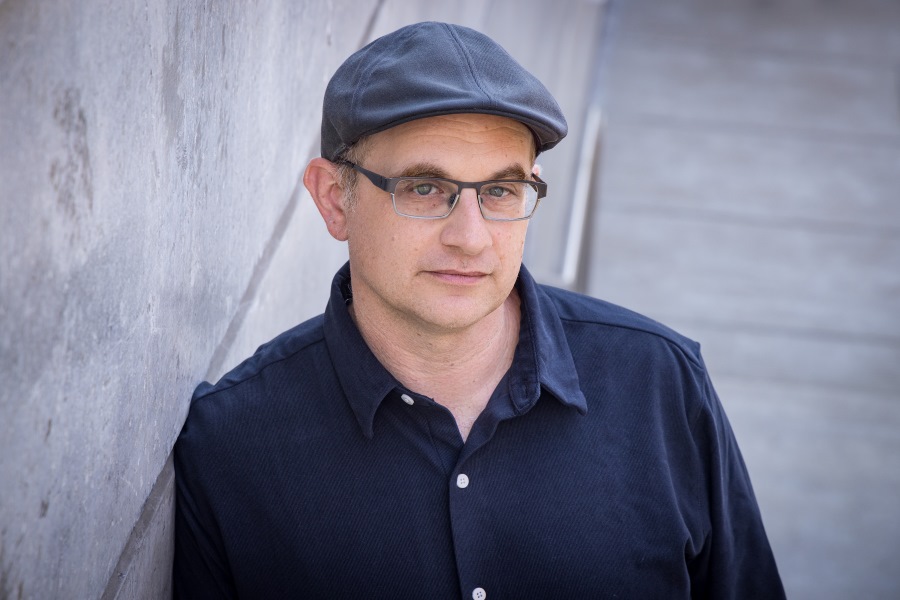The Los Angeles-based playwright behind The Thanksgiving Play is bringing a new comedy to the stage with Fake It Until You Make It, which will have its world premiere at L.A.’s Center Theatre Group (Jan. 29-March 9) before heading to Arena Stage in Washington, D.C. (April 3-May 4). (Note: This interview was conducted before the recent L.A. wildfires.)
What’s the elevator pitch for Fake It Until You Make It?
It’s a farce set in the world of nonprofit organizations that highlights the absurdities of authenticity.
Who is the ideal audience for the play?
It was originally commissioned by Center Theatre Group, so I wanted it to appeal to an audience that looks like Los Angeles, and now D.C. It’s dealing with issues of race identity and the complicated world of nonprofit funding in general, which affects a broad cross section of folks.
What’s been the biggest challenge in crafting it?
When you go to the extremes of farce, the furthest end of a concept, scary things show up—questions I don’t know the answer to or even want to think about.
What’s a piece of advice from a mentor that has stuck with you?
My directing partner in this project, Michael John Garcés, once said to me, “The best gift you can give me as a director is to not figure everything out.” I am carrying that with me very strongly on this piece. He probably regrets that now.
What is your earliest theatrical memory?
The Christmas Eve program at church. Compelling story. Cool lighting. Music. A chorus of voices. They tell me that, at age 2, I escaped my mother’s grasp and joined the program with the bigger kids, winging it. I basically feel the same on every project since.

What’s a piece of art you love that you feel doesn’t get talked about enough?
Don’t get me started on the divide between community-engaged theatre and traditional Western theatre. People love to talk about the work I do in Native communities as something else, separate from my other work onstage. This is an endless frustration for many community-engaged theatre companies and artists.
What’s a piece of art you wish you could have either created or been a part of?
The Lost Boys musical that’s now in development. I was a massive fan as a teen. I know the entire movie word for word. I dressed like Star. When I got on Broadway and got a chance to pitch to Warner Brothers, I told them it was my dream project. But I was too late. I told the director, Michael Arden, that if his fancy book writers get too busy to finish, I am ready. No one has called yet.
What’s a recent moment that reminded you why you do theatre?
I spent a lot of time with my new version of Peter Pan on the West Coast this summer. You wanna remember why you do theatre? Do a show full of audiences who have never been to theatre before. Hearing gasps and cheers at the magic of theatre—it’s incredible and addictive.
What gives you hope?
There is a tree near me right now that is over 400 years old. It reminds me of how long time is and how much can be accomplished through stillness. In my hardest times, that tree gives me a lot of hope.
What is the “note” or piece of feedback you get most often?
For me: Talk slower. For my work: “I didn’t understand it on the page, but once I saw it, I got it.”
Finish this sentence: It’s not theatre unless…
It is live, human to human in one space, sharing breath and time together.
Support American Theatre: a just and thriving theatre ecology begins with information for all. Please join us in this mission by joining TCG, which entitles you to copies of our quarterly print magazine and helps support a long legacy of quality nonprofit arts journalism.




